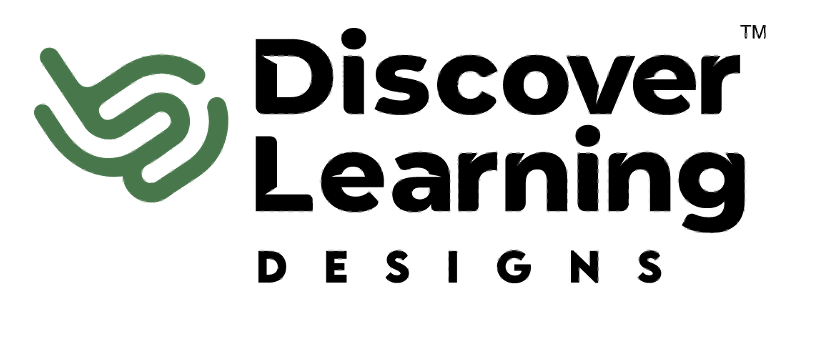The Future of Corporate Training: Trends in Learning Program Design
In a rapidly evolving business landscape, the design of corporate training programs is at a fascinating junction. Innovations in technology, a heightened understanding of learning psychology, and the shifting sands of workplace dynamics are converging to create unprecedented opportunities in learning program design. Dive into this exploration of what the future holds for empowering workplaces through education.
The Evolution of Corporate Training
Corporate training has undergone a remarkable transformation over the past few decades, evolving from one-size-fits-all classroom sessions to highly personalised, digital-first experiences. This evolution is not merely a change in medium but in mindset, recognising that learning is most effective when it is active, engaging, and continuous.
The latest shift highlights a focus on on-demand learning platforms that accommodate the pace of individual learners and leverage the wealth of data available to tailor experiences like never before. As workplaces become more diverse and global, the approach to training reflects a deeper understanding of cultural sensitivity and the variety of learning styles present in any given team.
Emerging Technologies in Learning Program Design
Augmented Reality (AR) and Virtual Reality (VR) are at the forefront of technologies revolutionising corporate training, transforming the way complex procedures and tasks are taught. Using these technologies, employees can immerse themselves in lifelike simulations, honing skills without the risks associated with real-world practice.
Beyond AR and VR, Artificial Intelligence (AI) and machine learning are personalising the learning journey, dynamically adjusting content based on a learner’s progress and preferences. This capability ensures that learning is efficient, effective, and closely aligned with the needs of both the employee and the organisation.
With the integration of these technologies, learning program design is becoming increasingly sophisticated, offering experiences that are not only educational but deeply engaging and memorable.
Customisation and Personalisation in Learning Experiences
The trend towards customisation and personalisation in learning experiences is a response to the recognition that every learner is unique. Adaptive learning technologies enable programs to modify content in real-time, providing challenges that are perfectly suited to the learner’s current level of comprehension and interest.
This tailoring extends beyond the learning material itself to the delivery methods — whether through micro-learning modules that fit perfectly into a busy schedule, gamification that makes learning fun, or mobile-first designs that ensure access anytime, anywhere.
The Role of Data Analytics in Learning Outcomes
Data analytics play an increasingly crucial role in understanding the effectiveness of training programs. By analysing engagement, completion rates, and performance metrics, organisations can iterate learning programmes to maximise outcomes.
Moreover, predictive analytics can forecast learning needs and trends, enabling proactive design of training programmes that are aligned with future skill requirements. This forward-looking approach ensures that organisations are prepared for the challenges of tomorrow, not just reacting to the needs of today.
Integrating Soft Skills Training into Technical Curricula
As the importance of soft skills alongside technical expertise becomes increasingly recognised, learning programs are adapting to incorporate training in areas such as leadership, communication, and emotional intelligence.
These skills are critical for fostering a collaborative, adaptive work environment and for ensuring that technical knowledge is effectively applied. Integrating soft skills training into technical curricula not only equips employees with a more rounded skill set but also promotes a culture of continuous personal and professional development.
Future Challenges and Opportunities in Learning Program Design
Looking ahead, the biggest challenges in learning program design will revolve around scalability, accessibility, and ensuring that learning keeps pace with the speed of technological advancement. However, these challenges are also opportunities to innovate and to redefine the possibilities of corporate training.
Organisations that embrace these challenges, leverage emerging technologies, and remain focused on the individual learner will not only navigate the future landscape of corporate training successfully but will also foster a culture that values growth, innovation, and continuous learning.
Envisioning the Future of Learning
The landscape of corporate training continues to shift and grow in complexity, yet the underlying principles of effective learning programme design remain constant. Innovation, personalisation, and a commitment to development are pivotal. As businesses look forward to harnessing emerging technologies and trends, the core goal stays the same: to cultivate an environment where continuous learning thrives, empowering individuals to reach their full potential while driving organisational success.
Office
E: info@discoverlearning.com.au
Ph: 1300 208 943
Michael Peart
E: michael@discoverlearning.com.au
Ph: 0434 075 231
Bianca Schimizzi
E: bianca@discoverlearning.com.au
Ph: 0416 013 623

